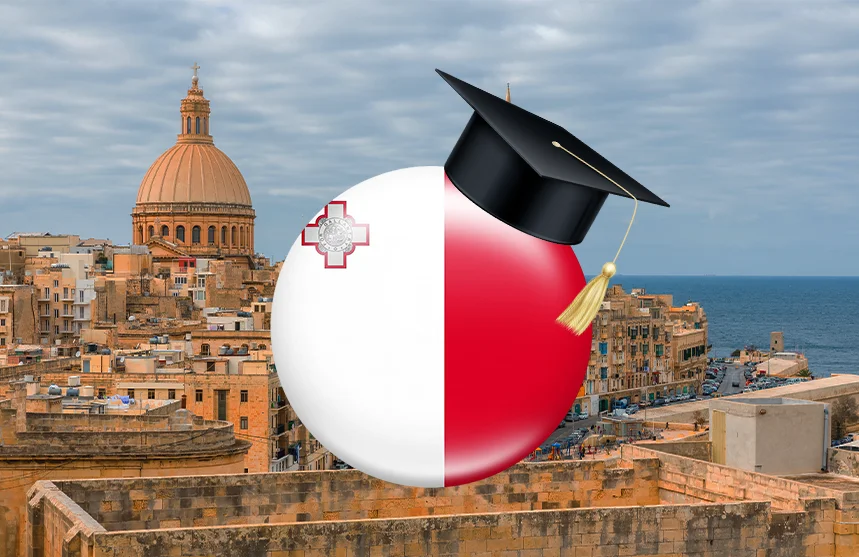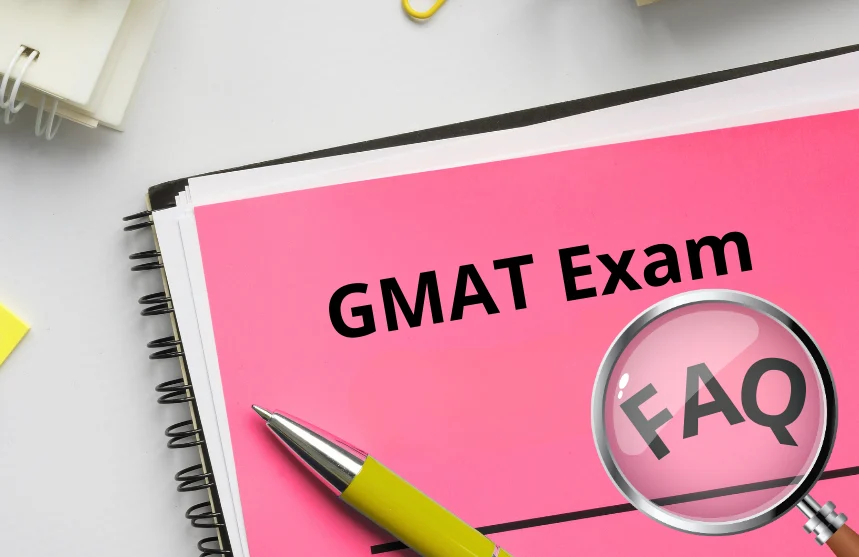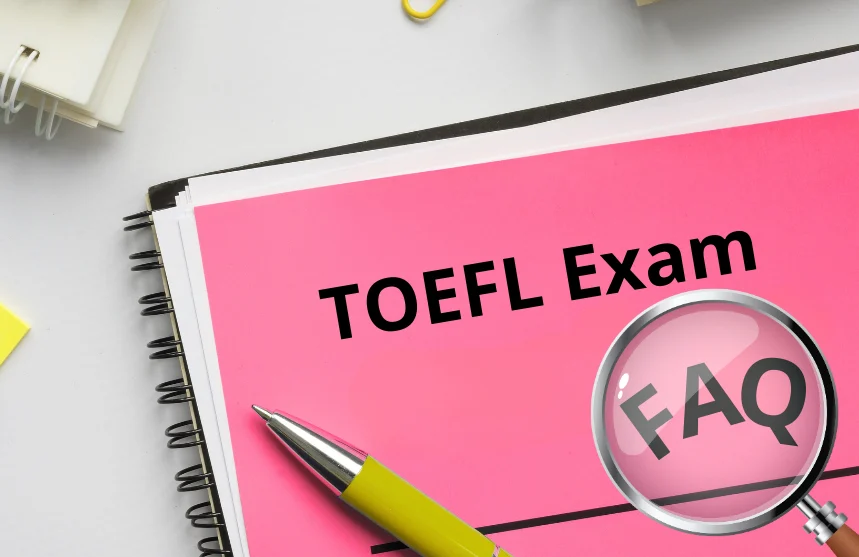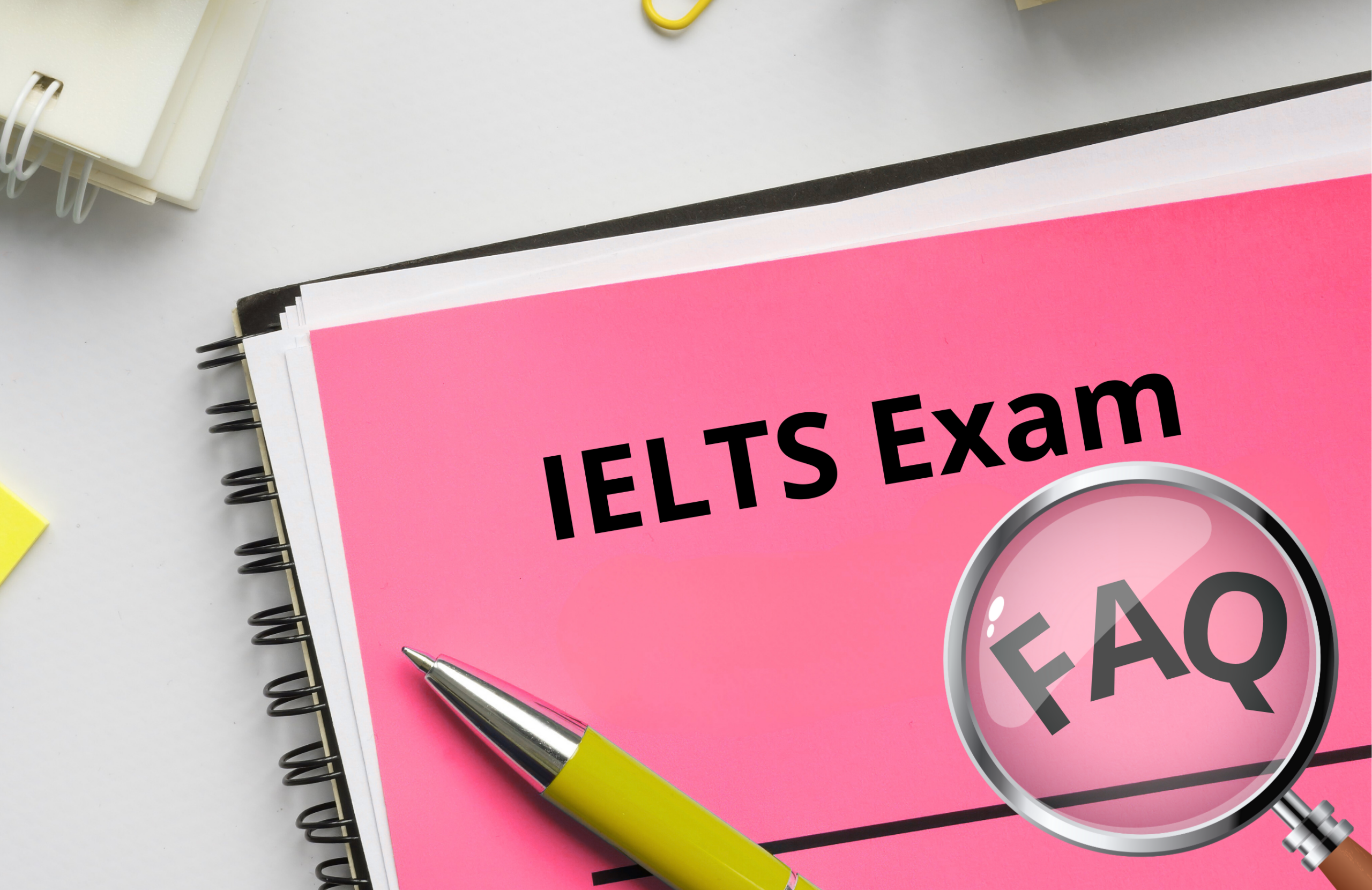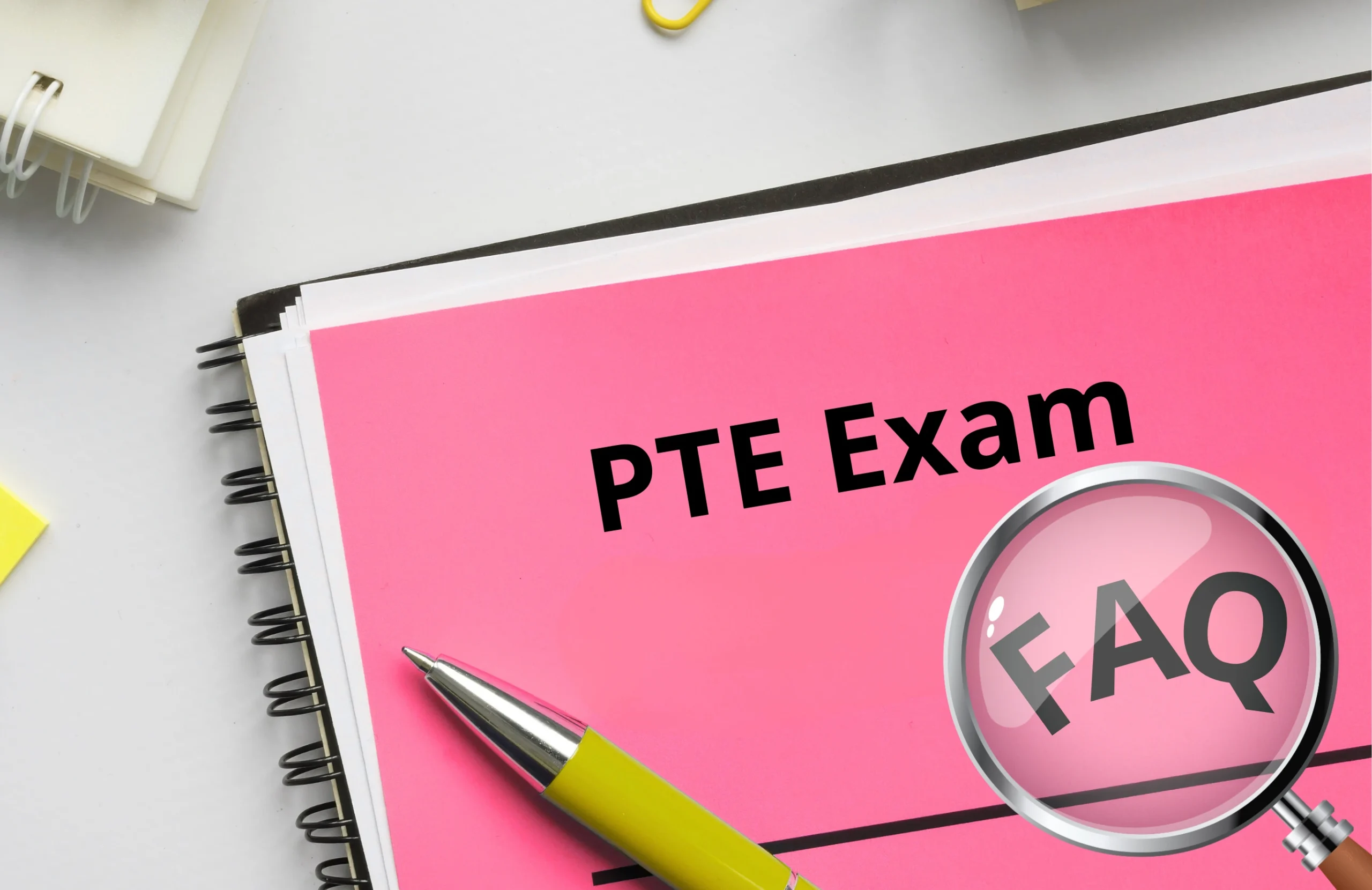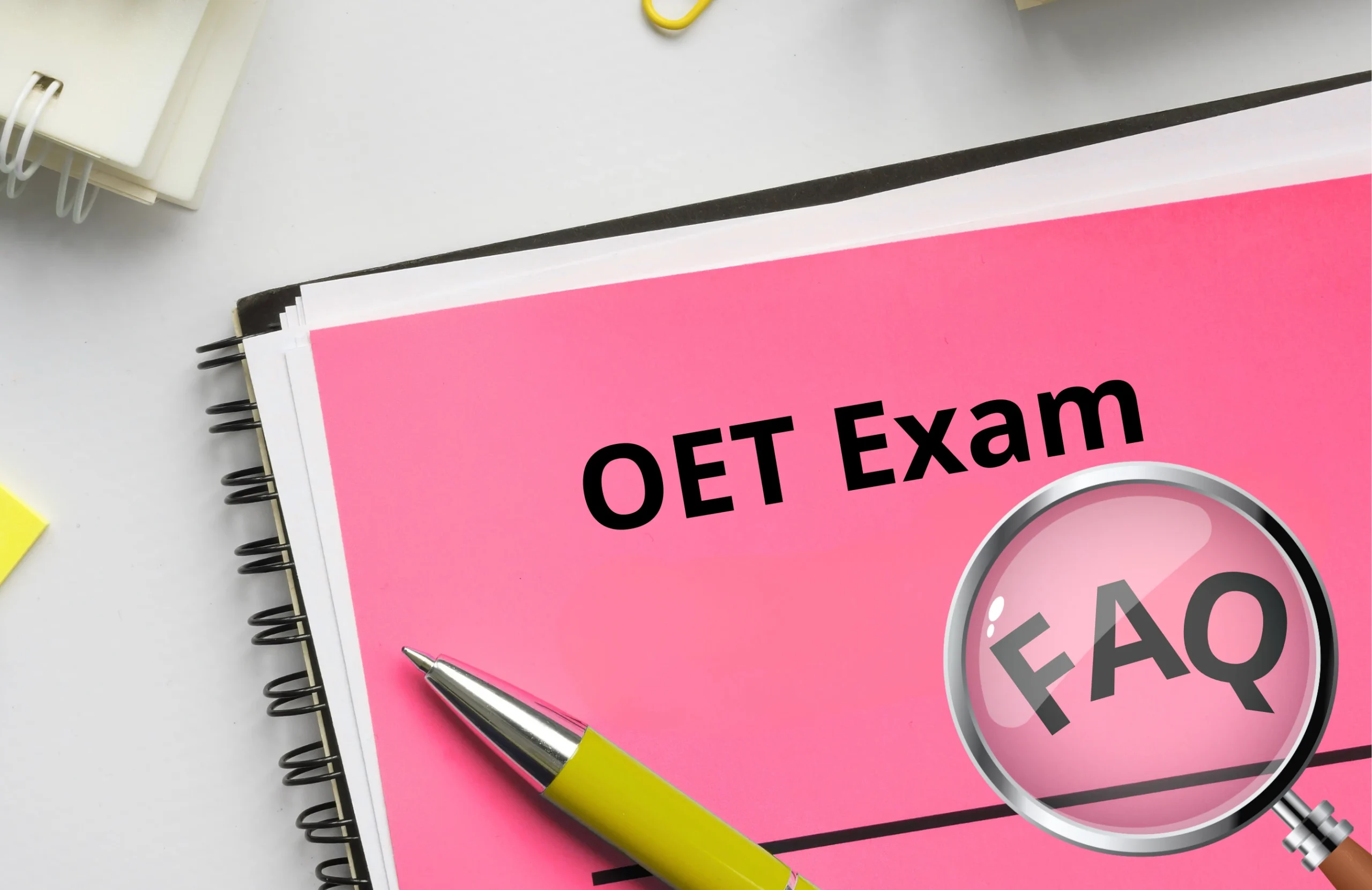Admission Process for Ivy League Universities: Why Premium Counselling Changes Everything
Scholarship to Study in Hungary: Your Complete 2025 Guide

Want to study in Europe and not burn a hole in your pocket? Hungary is also among the most affordable, educationally competitive, and student-friendly countries on the continent, with some very generous scholarships that can effectively finance your degree tuition-free. It is a detailed guide that discusses all you have to know: most prominent Scholarship Programmes, eligibility requirements and documents, application process, time frames, advice to write an award-winning application, and clever tricks to combine funding sources to ensure the overall minimum cost of your studies.
This guide will assist you to plan your end-to-end scholarship journey, be it bachelor, masters, or doctorate programmes in engineering, medicine, business, information technology, arts, or humanities.
Why Study in Hungary?
Hungary has both good academic standards and affordable expenses, which is unusual in the list of EU study locations. Its leading universities also conduct hundreds of English-Speaking Courses, high-tech laboratories, and powerful research environments in STEM, medicine, economics, agriculture, architecture, and arts.
Major reasons why students should go to Hungary:
Good Value: In many cases, average student prices can be much cheaper than in Western Europe, unless you expect to be sharing rooms and living at home.
Scholarship Density: Several government, university, EU, and local scholarships are available to overseas learners.
Work & Mobility: English-based courses are common, and you can have working possibilities most of the time. A large number of courses are connected with EU mobility programmes, workplace internships, as well as post-study opportunities.
Location & Lifestyle: Good cities, rich culture, thermal baths, cafés, castles, music festivals, and more – Hungary has the classic Central European student experience, but at a more affordable cost.
High Employability: Courses offered by accredited Universities in Hungary are valued in Europe as well as elsewhere.
Hungary – Types of Scholarships
To construct a realistic funding plan, learn the 4 primary sources of funding you can combine and match.
- Flagship Scholarships (Government Scholarships)
- Academic Institution-Specific Scholarships
- EU & Mobility Funding
- External & Regional Funds
They are nationally governed schemes that aim at drawing international talent. They usually pay full tuition or partial tuition, frequently include monthly stipends, living and accommodation assistance, and can accommodate medical insurance. The most well-known one is the Stipendium Hungaricum, which is available in the vast network of Hungarian universities and fields.
Merit-based tuition waivers, excellence awards, departmental grants, or foreign student discounts are frequent in Hungarian universities. When you apply, some of them are automatically taken into account, and some need a separate form, motivation letter, and/or portfolio.
Securing mobility within the EU in your programme could give you an opportunity to receive Erasmus+ or similar exchange funds that would finance short-term study, internships, or research placements in another European country during your time of study at a Hungarian university.
Specialised areas are sustained by private foundations and regional programmes (e.g. Visegrad Fund in Central/Eastern Europe, arts/culture supports, research councils). They can supplement your primary scholarship to add conferences, language studies, or field experiences.
Major Scholarships to Study in Hungary
The following is a brief introduction to some of the established programmes you are likely to come across during research. Here, it is always worth checking the latest news on official pages because the benefits and deadlines may vary.
Stipendium Hungaricum Scholarship Programme: Flagship, highly competitive, open to a large number of the partner countries. Typically includes tuition, can include a monthly stipend, accommodation contribution, and health insurance on bachelor, master, and doctoral, one-tier master (e.g. medicine), and doctoral degrees.
Hungarian Diaspora Scholarship: Supporting the cultural relationship and Study in Hungary at all levels and in any field where the applicants have Hungarian roots, but they live outside of Hungary.
Erasmus+: It is not Hungary-specific, but students attending Hungarian universities have access to Erasmus+ mobility funding to spend semesters or internships in other parts of Europe. Helpful in creating a multi-country academic résumé.
University Excellence Grants: Many institutions (e.g. ELTE, University of Szeged, University of Pécs, Debrecen, Corvinus, BME) also offer merit-based aid or tuition fee reduction to international top-performing students. Factors usually depend on prior GPA, language proficiency scores, and good motivational letters.
Visegrad Fund (International Visegrad Fund): Aids regional focus study and research at the master and post-master level. Of particular interest to applicants whose work falls under themes relating to Central/Eastern Europe.
Eligibility Requirements to Study in Scholarship with Scholarship
Although programmes vary, most pickers consider the following:
Academic Merit: GPA, transcripts, class standing (where applicable), standardised records (required).
Programme Fit: The obvious fit between your background and proposed study and the university’s strengths.
Motivation & Impact: Why Hungary? Why the field? What do you want your community and workplace to be like?
Language Proficiency: English proficiency (IELTS/TOEFL/Duolingo) or Hungarian, as the programme is to be conducted.
Research Readiness (masters/PhD): A narrow research topic, preliminary awareness of literature, and potential supervisor affiliation.
Professional & Extracurriculars: Internships, projects, publications, volunteering, leadership.
Nationality/Residency & Country Quotas: Certain programmes are geographically limited to partner countries or have regional caps.
Admission Offer: Various scholarships need to have an offer of admission to a university in Hungary.
Documents Checklist (Most Common Requirements)
Students are advised to check out the list of necessary documents mentioned below:
- Valid Passport
- Academic Transcripts & Certificates (notarised/attested where necessary)
- CV/Resume (reverse-chronological, impact-oriented bullet points)
- Motivation Letter/Statement of Purpose (geared towards the scholarship and programme of study)
- Research Proposal (Master by research/PhD; containing aim, methodology, gap, anticipated outcomes)
- Letters of Recommendation (usually 2–3; academic and/or professional)
- IELTS/TOEFL/Duolingo or an educational background in an English-speaking environment (according to the policy of the programme)
- Portfolio (design/architecture/arts)
- Achievement Evidence (awards, publications, certificates)
- Health Report / Medical Certificate (some scholarships require this)
- Financial Documents (bank statements/sponsorship – mostly pay visa/residence permit)
- Police Clearance/Character Certificate (when needed)
- Application Forms & Declarations (signed, dated)
How to Select the Right Scholarship?

Top Ten Mistakes That Students Make to Lose Scholarships
The Death of Micro-Requirements: Not remembering the name of a file format, a stamp, a word limit, etc.
Loose SOP: Chatter about all and nothing – instead of a clearly stated academic plan.
No Faculty Alignment: Apply without checking whether some professor works in your niche.
Weak Timing: At the last minute, rushed applications create typing errors, forgotten files, or upload failures.
Single-Source Funding: Only applying to one scholarship; never have all your eggs in one basket.
Not Reading Email & Portal Announcements: Scholarships will ask questions that need answers, and, if you do not respond in time, your application may not make it.
Conclusion
Hungary is an excellent option in case you are interested in having high-quality European qualifications, deep culture, and a cheaper overall price, with scholarships making it even more affordable. Develop your strategy early, personalise every application, and seek a three-tier mix funding opportunity (government + university + mobility), and secure a programme fit and faculty alignment in your SOP. With such an approach and a clean and comprehensive application, you can make Hungary a high-value launch pad to your career or research.
Wish to have a shortlist of scholarships, editing your SOP, and an expedited application process? MetaApply IE can take care of the nitty-gritty of university selection, packaging scholarships, visa advice so that all you need to do is to win it and prepare to move.
Frequently Asked Questions
Yes. You ought to, in fact. Other programmes may not allow combination of funding (e.g. a tuition waiver coupled with a mobility grant may not be permissible), whereas others might permit stacking (i.e. two financial awards granted separately). Review the rules of each scholarship and include all funding sources.
Not necessarily. The vast majority of scholarships offered to English-taught programmes admit IELTS/TOEFL/Duolingo or evidence of English-medium schooling. Nevertheless, knowing simple Hungarian is useful in internships, part-time work, and everyday life.
It is based on your profile and country quota and programme competitiveness. Good grades, a pragmatic SOP, projects that are relevant, and referees of your choice give you great chances.



